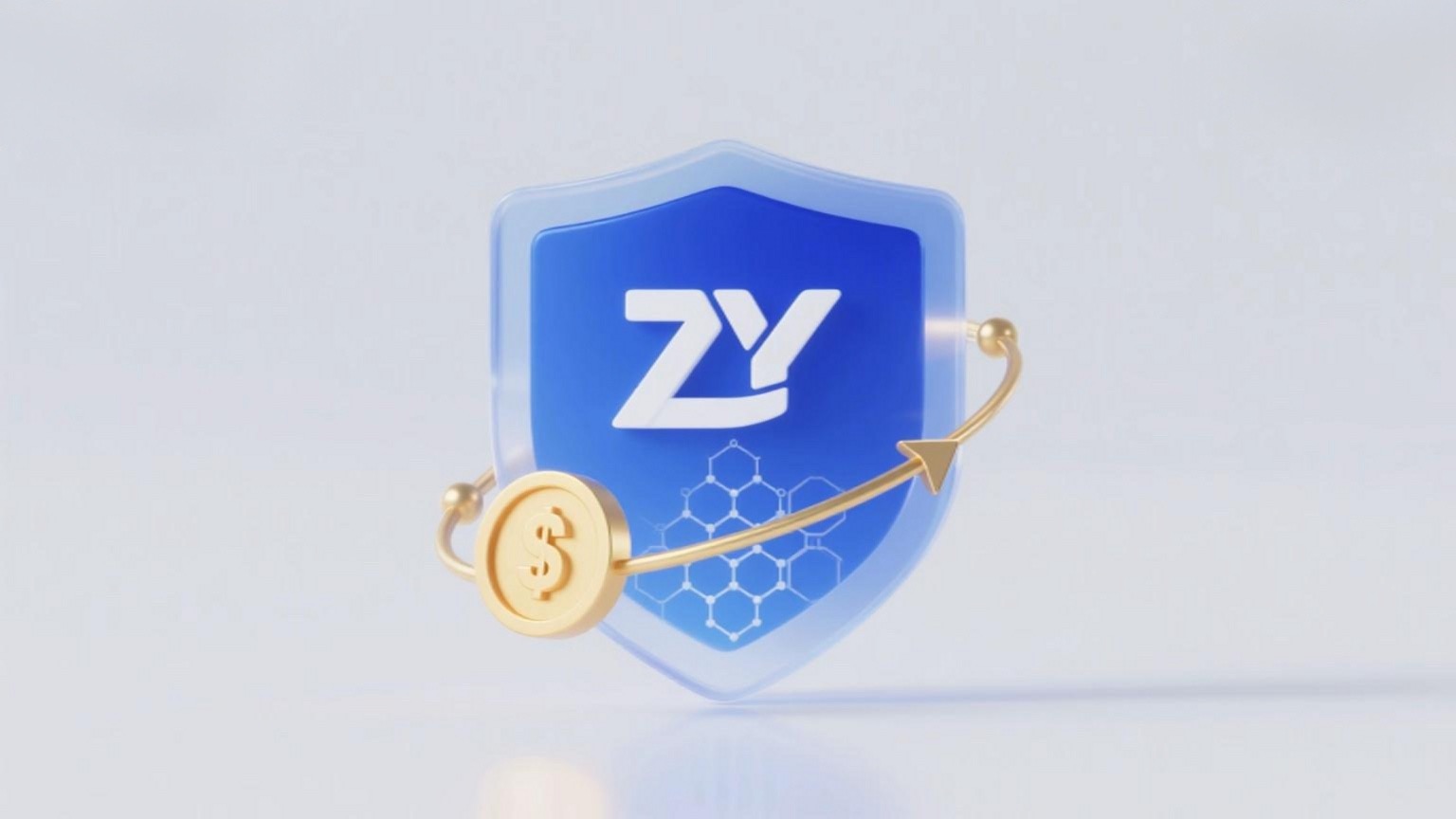
On Wednesday, August 13th, Solana officially announced the collaboration between CMB International, DigiFT, and OnChain to issue an on-chain fund. The announcement stated: “CMB International has tokenized its Hong Kong-Singapore Mutual Recognition Fund on the Solana blockchain, with the token code CMBMINT. This also marks the world’s first Solana-based public on-chain fund.” Odaily Planet Daily will provide a brief analysis of this development for readers’ reference.
The Wave of Fund Tokenization: Asia-Pacific’s Leading Funds Enter the Arena
When discussing CMB International, its parent company, China Merchants Bank (CMB), inevitably comes into the picture.
According to reports, CMB holds 100% equity in CMB International through CMB International Capital Holdings and Wing Lung Bank. CMB International, in turn, operates CMB International Securities. CMB’s 2024 annual report shows that CMB International’s total assets reached HKD 80.813 billion, with a net profit of HKD 1.307 billion in 2024. Its asset management business grew by 14.86% year-on-year to RMB 130.327 billion, and it completed 38 Hong Kong IPO projects.
On July 14th this year, CMB International officially received approval from Hong Kong’s Securities and Futures Commission (SFC), becoming the first Chinese bank-affiliated brokerage to obtain a virtual asset trading service license. This move signifies the entry of traditional financial giants into Hong Kong’s digital asset market, following similar upgrades by other Chinese brokerages like Guotai Junan International and TF International Securities.
Now, CMB International has officially entered the RWA (Real-World Assets) space, partnering with Singapore-licensed RWA exchange DigiFT and Solana ecosystem service provider OnChain to tokenize and list its USD money market fund on-chain. The fund has demonstrated outstanding historical performance—public data shows that from its inception in February 2024 to the end of July 2025, its cumulative returns ranked first among similar funds in the Asia-Pacific region. (Odaily Note: Returns are calculated based on net asset value, including dividend reinvestment.)
The collaboration between CMB International, DigiFT, and OnChain combines the strengths of traditional financial institutions and on-chain service providers in technology, compliance, and user experience. Key highlights include:
-
The fund is dually recognized by regulators in Hong Kong and Singapore.
-
The tokenized product is the first to support deployment on multiple public chains (Solana, Ethereum, Arbitrum, and Plume) and is the world’s first Solana-based token linked to a public money market fund.
-
The token supports both fiat and stablecoin subscriptions and redemptions.
-
The token offers real-time redemptions through a proprietary liquidity management smart contract.
DigiFT is the first on-chain digital asset platform licensed by Singapore’s Monetary Authority (MAS) as a Recognized Market Operator (RMO) and Capital Markets Services (CMS) provider. OnChain is a professional RWA service provider in the Solana ecosystem. Their partnership with CMB International represents a powerful alliance.
Moreover, CMB International’s move may have broader implications, influencing Hong Kong’s digital asset industry, mainland capital flows, and the Solana ecosystem.
Follow-Up Impact Analysis: Dual Growth in Hong Kong and Mainland, Solana’s Internet Capital Market Vision Realized
Regionally, CMB International’s tokenized fund not only expands investment possibilities for professional investors in Singapore but also introduces new ideas for investment and industrial development in mainland China and Hong Kong. For the crypto industry, the Solana ecosystem may become a hotspot for traditional financial funds seeking to enter the space.
For Hong Kong: Driving Industry Growth and Attracting Capital
As emphasized in DigiFT’s official announcement, “CMB International’s innovative practice of tokenizing and distributing funds on-chain via DigiFT aligns with Hong Kong’s ‘Policy Declaration on Digital Asset Development 2.0.’ This initiative breaks down barriers between on-chain and off-chain systems, reshaping traditional fund sales, operations, and investment models. It enables investors to easily access Hong Kong’s high-quality financial products, enhancing the city’s competitiveness in global digital asset management.”
In other words, this move channels more capital into Hong Kong through fund tokenization, adding liquidity to its digital asset industry and boosting its appeal to RWA investors.
For Solana: Accelerating the Internet Capital Market
Solana’s official focus has long been on the concept of an “Internet Capital Market.” CMB International’s tokenized fund adds significant momentum to this vision.
As a leading fund institution in the Asia-Pacific region, CMB International’s choice of Solana for tokenization sets a precedent for Solana’s future RWA development. As Solana’s official account and key ecosystem player Raydium noted on social media: “This is proof of the Internet Capital Market happening on Solana.”
For Mainland China: More Bank-Affiliated Brokerages May Enter RWA
While mainland investors may not have immediate access to similar opportunities, CMB International’s move sets an example for other Chinese bank-affiliated brokerages to explore RWA.
Besides CMB International, other Chinese bank-backed brokerages in Hong Kong include ICBC International, CCB International, ABC International, BOC International, and BOCOM International, as well as SPDB International under joint-stock banks. Following internet giants like Ant Group and JD.com, Chinese banks are now entering the RWA race.
Conclusion: Fund Tokenization Could Expand Global Investment Horizons
As the RWA industry grows, tokenized products will encompass more real-world assets, expanding global investment opportunities. Eventually, crypto liquidity will deeply integrate with traditional finance, enabling efficient capital utilization and allowing professional investors worldwide to freely participate in cross-border fund and stock investments.
By then, tokenized products will become mainstream in financial investment.
















